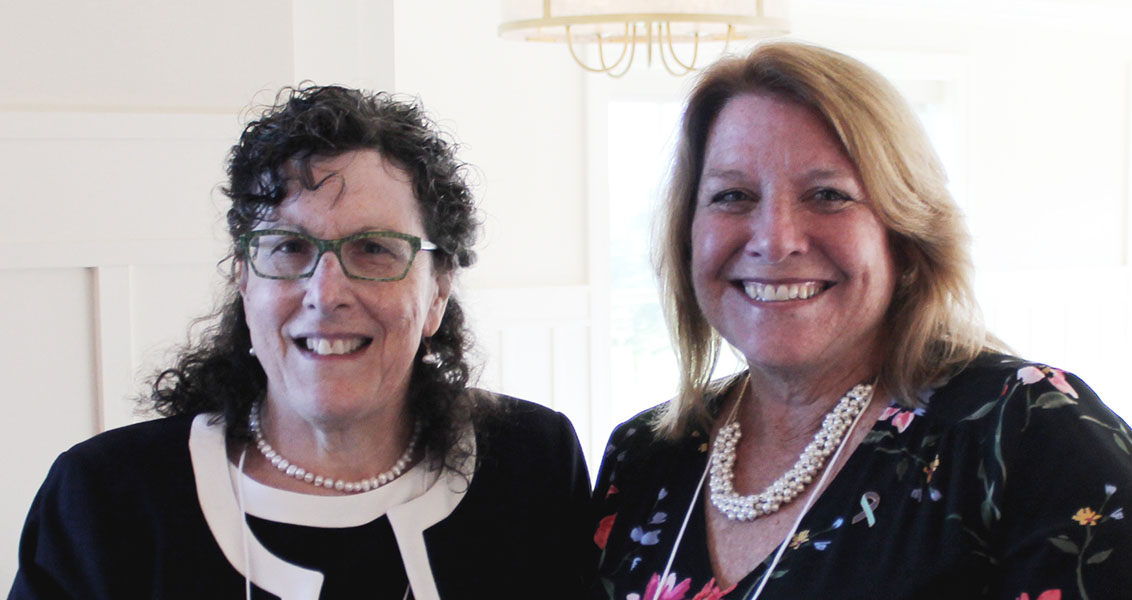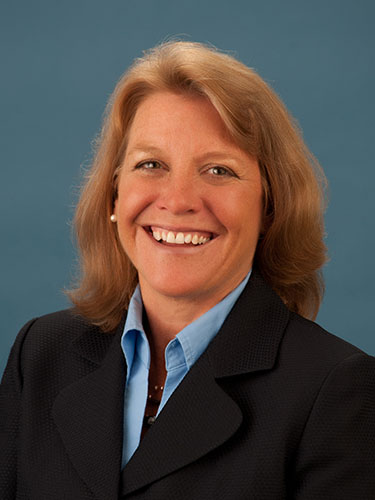Zero Suicide: One Parent’s Story

Nancy Thompson lost her son, Timmy, to suicide in 2004. Due to a lack of access and availability of mental health programs and professionals at that time, Timmy endured weeks of interviews and processing before being admitted into an early intervention program. By that time, it was too late. Timmy took his own life while he waited for his appointment.
Nancy has made it her mission to share Timmy’s life, his struggles and his story to help end the stigma associated with mental illness and encourage adequate access to services and treatment for those with emerging mental health issues.
“Accessing services for mental health should be as easy as it is to access services for heart disease or cancer,” Nancy shares. “Unfortunately, we are so far away from that because of the stigma attached to mental health.”
A National Mental Health Crisis
The suicide rate in the state of Maine is higher than the national average, and trends in suicide continue to alarm professionals like Maine Behavioral Healthcare psychiatrist Linda Durst, MD, who notes increasing concern over mental health issues associated with the pandemic.
“With COVID, we have seen a surge in suicide attempts and severity, especially in youth.” Durst shared. She noted that 40% – 50% of individuals who die by suicide have seen a primary care provider within the month.
“Services need to start with the integration of primary care physician practices and mental health specialists,” Nancy shared. “Early intervention through pediatricians has proven to be successful for our youth.”
Our System-Wide Response
As mental health care leaders in our community, it is our responsibility to improve upon mental health offerings in Maine and beyond. Maine Behavioral Healthcare has recently adopted the national Zero Suicide initiative, a mission and framework for providing improved suicide care in health care settings, under the firm belief that suicide is preventable.
Zero Suicide is a program focused on error reduction, training and communication, as well as education around lethal means restrictions. Maine Behavioral Healthcare is prepared to continue to implement the framework, which takes approximately 10-12 years to completely integrate, across the entire MaineHealth system to support our community and stop these preventable losses.
“We must do a better job accepting mental illness as a disease that is no different than having diabetes or experiencing a broken limb,” says Durst. “This program is part of what a high-reliability organization would be expected to demonstrate in suicide care. It’s a complete package in helping to prevent the public health issue we are facing.”
As a system that emphasizes quality and safety, Zero Suicide helps integrate safety measures at all care team touchpoints. When it comes to suicide and mental health care, education and experience can make all the difference in the lives of those suffering, and their families.

A Strong Community Voice
Nancy Thompson has a long history of service as a member of Maine Behavioral Healthcare’s advisory committee. She often speaks on the topic of suicide. In 2013 she was a key driving force behind the passing of new legislation that requires training for all school personnel to become educated on the warning signs of suicide.
